“Enforcement of Court Decisions by Private Enforcement Officers. Challenges and jurisprudence”: An event was held at the Supreme Court with the support of EU Project Pravo-Justice
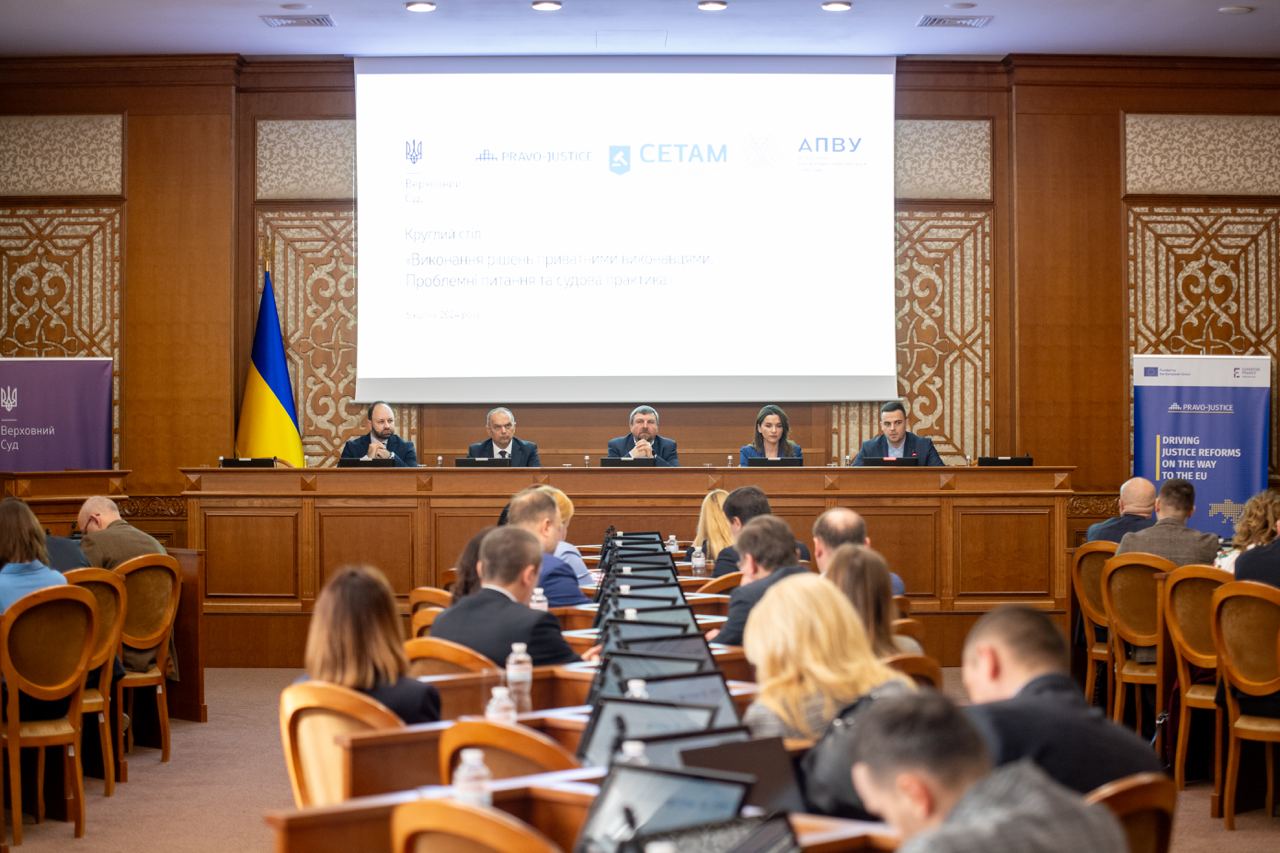
On 5 April 2024, a roundtable discussion “Enforcement of Court Decisions by Private Enforcement Officers. Challenges and Jurisprudence”, organised by the Supreme Court together with the Association of Private Enforcement Officers of Ukraine, SE SETAM with the support of EU Project Pravo-Justice. MPs, Supreme Court justices, private enforcement officers, representatives of SE SETAM, academics, lawyers and national experts of EU Project Pravo-Justice participated in the event.
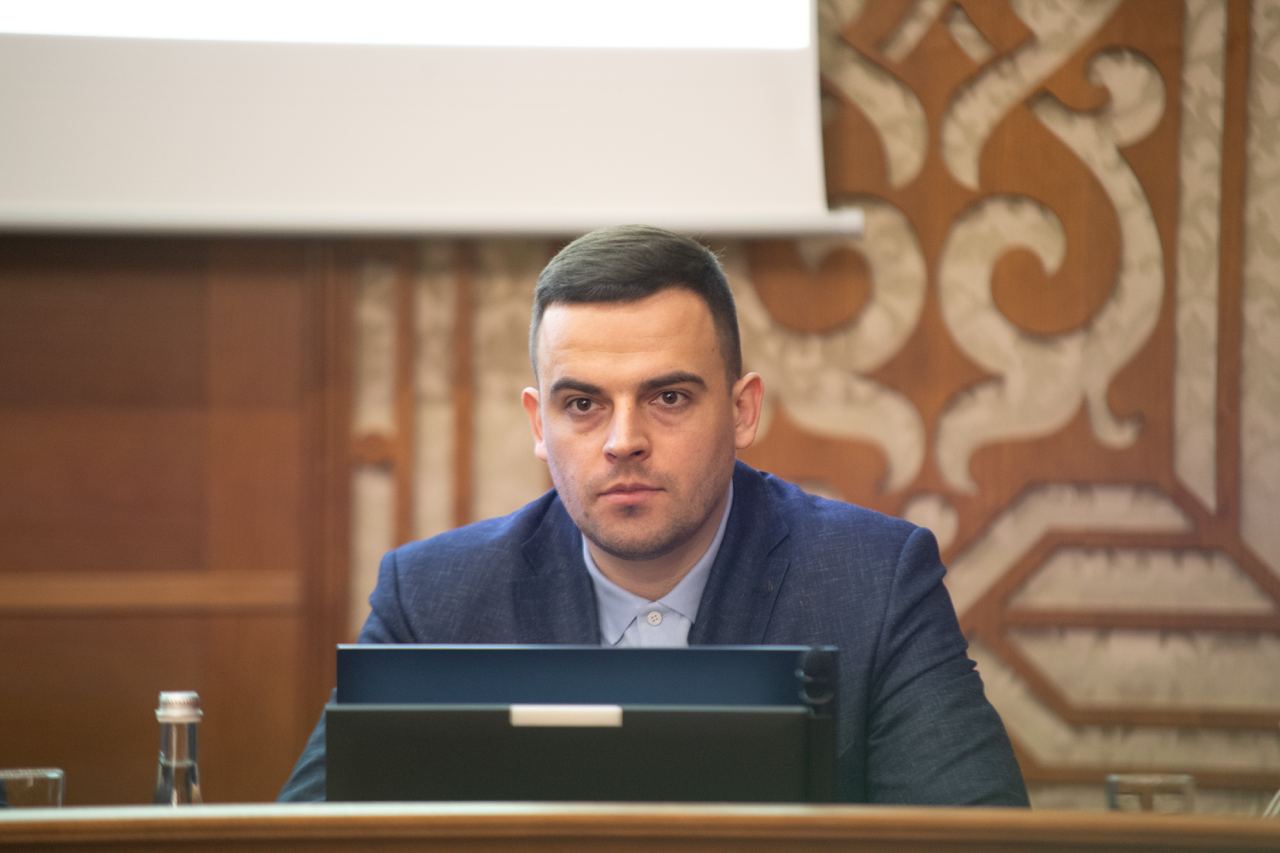
“ Poor enforcement of court decisions remains a systemic problem for Ukraine, which has been repeatedly pointed out not only by the ECtHR in its judgments but also by the European Commission in its assessment of Ukraine as a candidate for EU membership. Enforcement of court decisions in the private sphere is not only an element of the rule of law, but also a prerequisite for macro-financial stability, which is determined, among other things, by how effectively creditors can enforce their rights. The reconstruction of Ukraine requires attracting investment, and the volume of investment will depend on whether creditors feel protected by the judiciary and private enforcement officers. Potential investors assess the efficiency of the judiciary by whether they can enforce obligations and collect debts predictably and efficiently. The jurisprudence of the Supreme Court has a considerable impact on approaches to enforcing court decisions, ensuring their predictability and unification,” said Oleh Mykhaliuk, Key Expert on Economic Justice of EU Project Pravo-Justice.
He stated that the event was a good example of a dialogue between the professional community of private enforcement officers and the judiciary to promote high standards of the rule of law.
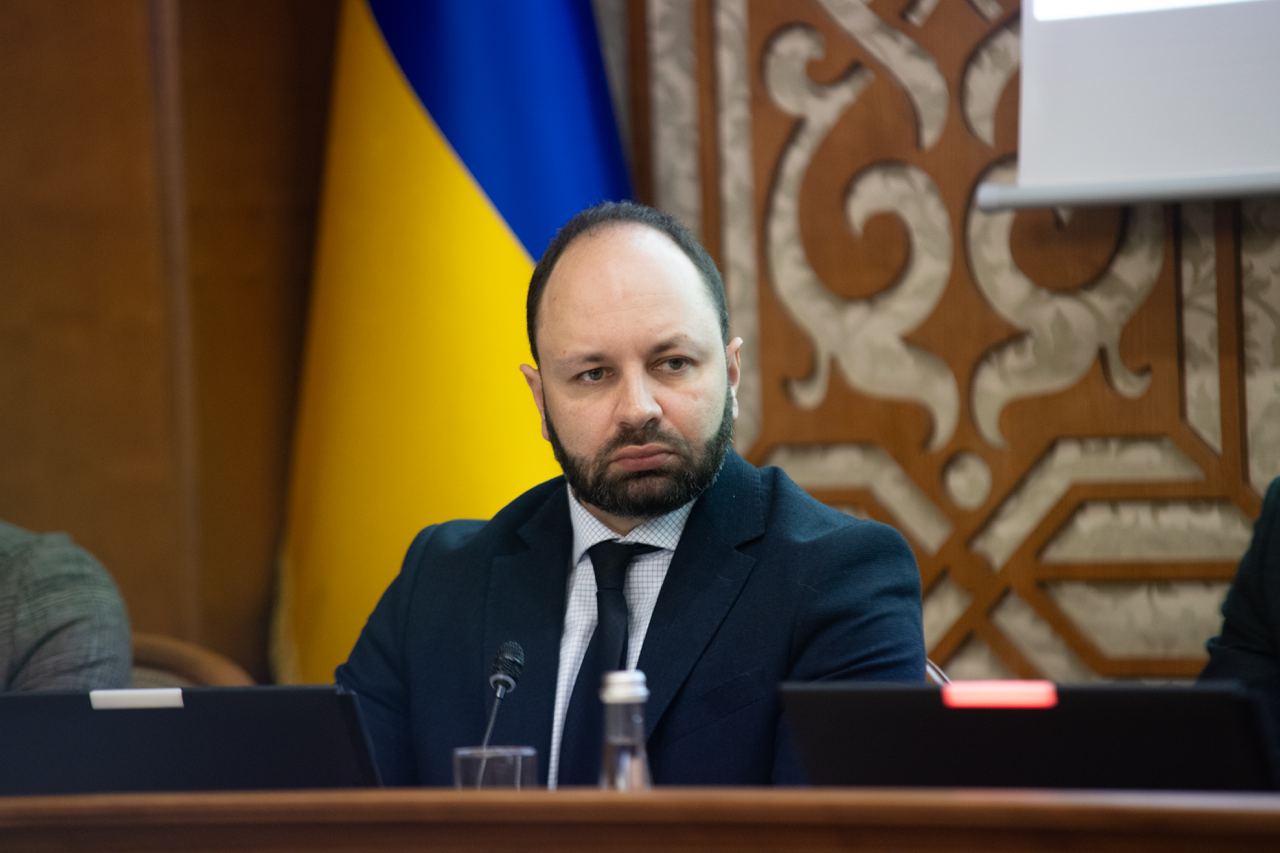
In his welcoming speech, Rasim Babanly, First Deputy Chief of Staff of the Supreme Court, also noted the importance of enforcing court decisions.
“In 2023, according to Opendatabot, public and private enforcement officers collected over UAH 25 billion in total, which is a record over the past five years. At first glance, the amount is impressive. However, let's compare it with the total amount of court-ordered debts. It turns out that we managed to recover only six kopiikas out of every hryvnia,” said Rasim Babanly.
Speaking about the steps taken by the state to establish an effective system of enforcing court decisions in the country, Borys Hulko, President of the Cassation Civil Court of the Supreme Court, welcomed the establishment of the institute of private enforcement officers in 2016 and the high performance and dedication of the Association of Private Enforcement Officers.
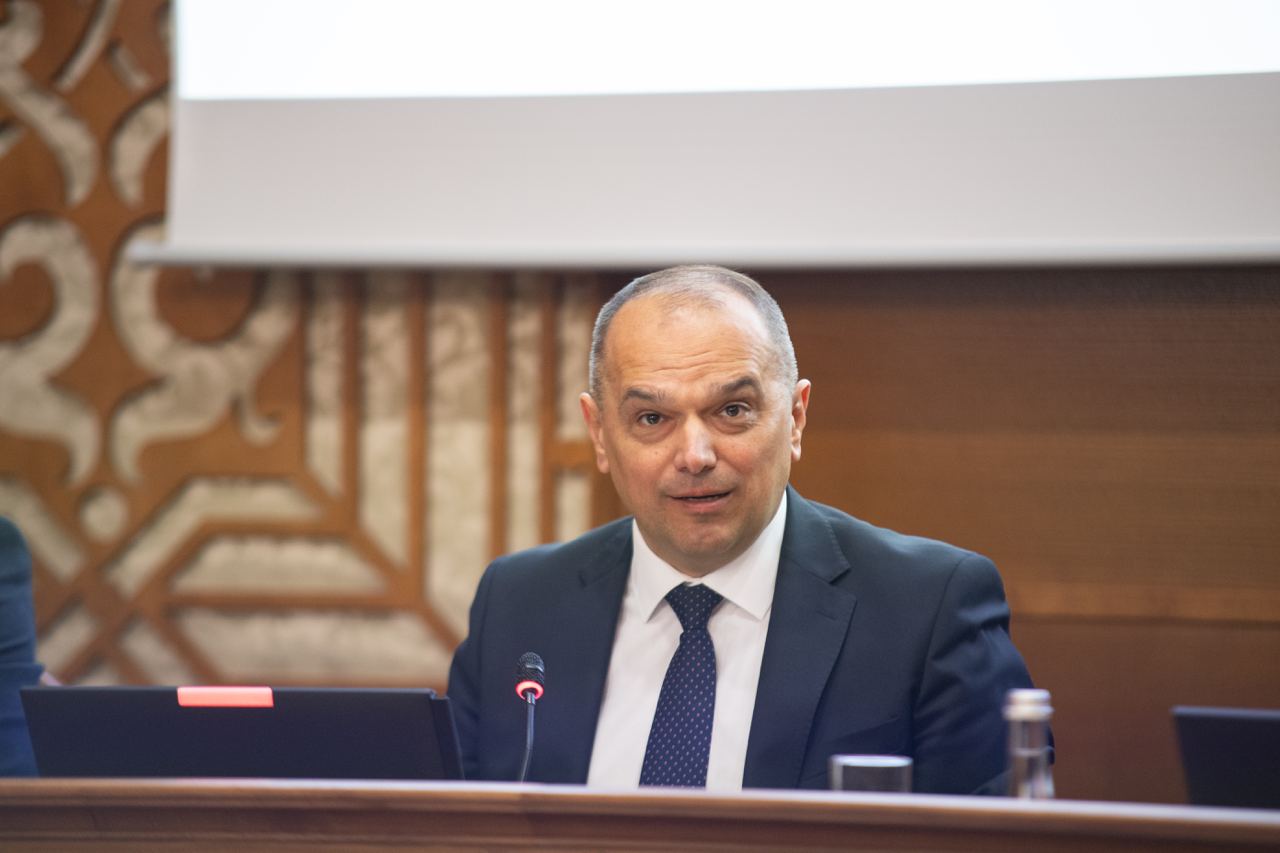
Valerii Bozhyk, Deputy Head of the Parliamentary Committee on Legal Policy, pointed out that it is necessary to have a stable and unified jurisprudence, which is one of the fundamental principles of the administration of justice.
“Such meetings guarantee a high-quality discussion and development of high-quality recommendations, which we will take into account in our further legislative activities,” said Valerii Bozhyk.
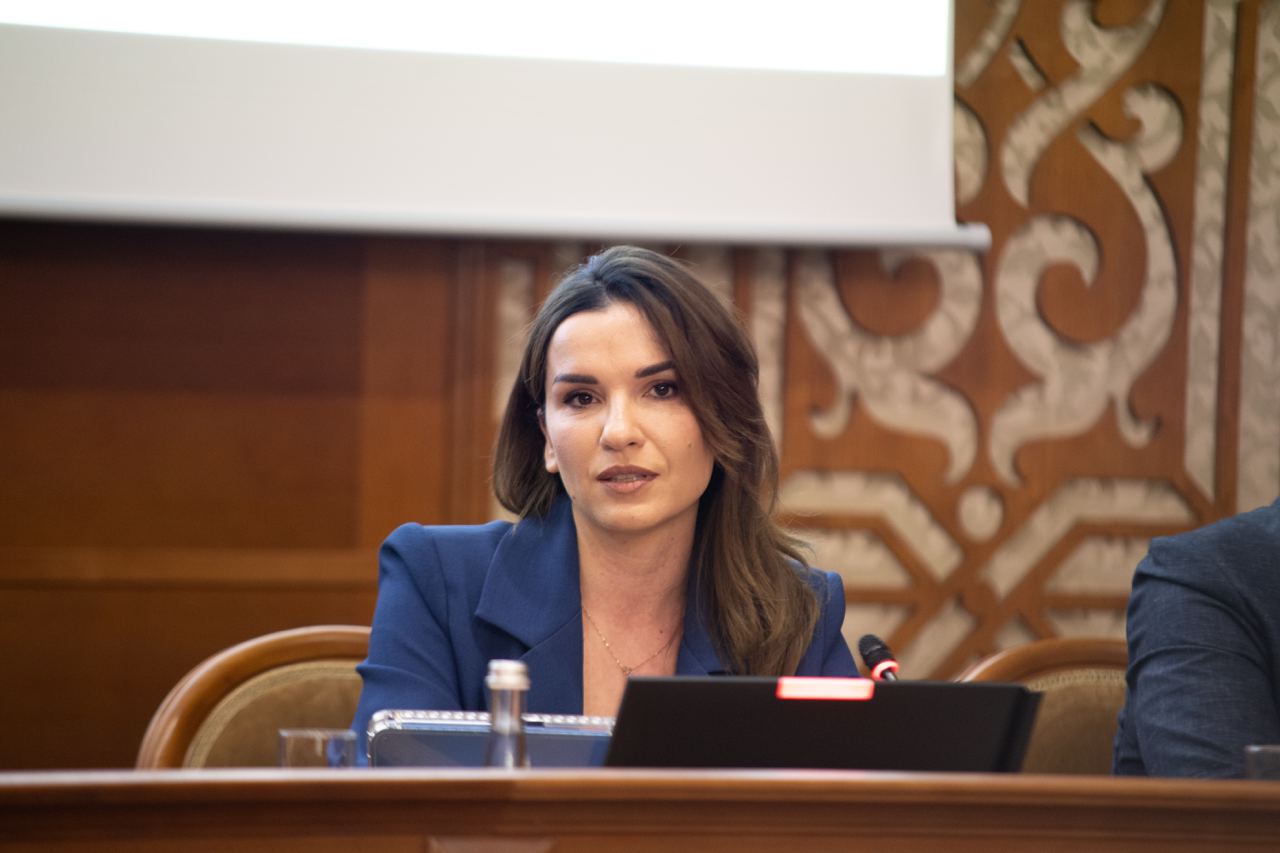
Oksana Rusetska, Chair of the Association of Private Enforcement Officers of Ukraine, highlighted the importance of the roundtable event. According to her, such an event will help communicate the challenges faced by enforcement officers when applying the law and the findings the community representatives receive following court proceedings.
The roundtable event comprised three panels. At the first panel, the speakers discussed the challenges related to determining the share and foreclosure on jointly owned property. Moreover, the participants discussed relevant jurisprudence on fraudulent transactions, foreclosure on funds belonging to other persons and real estate the title to which is not registered pursuant to the procedure established by law.
The second panel of the event was dedicated to the challenges of inventory and valuation of the debtor’s property without access to the premises and sale of the debtor’s property seized as security for a claim and in criminal proceedings. The speakers spoke about the practical issues that arise when determining the market value of property seized in enforcement proceedings and its appeal. In particular, the participants drew attention to the fact that challenging property valuation leads to a delay in enforcement proceedings. The attendees paid special attention to the current jurisprudence on electronic trading of seized property and certain conflicts regarding the priority of seizures.
The speakers taking part in the third panel focused on collecting the main remuneration of a private enforcement officer. The discussion touched upon the issues of jurisprudence that is currently being developed in appeals against decisions on collecting the main remuneration of a private enforcement officer. The speakers and the attendees also agreed that private enforcement officers, when collecting the costs of enforcement proceedings related to the performance of enforcement measures, are obliged to strictly adhere to the regulatory framework and include only documented costs and only those directly related to the enforcement of the decision.